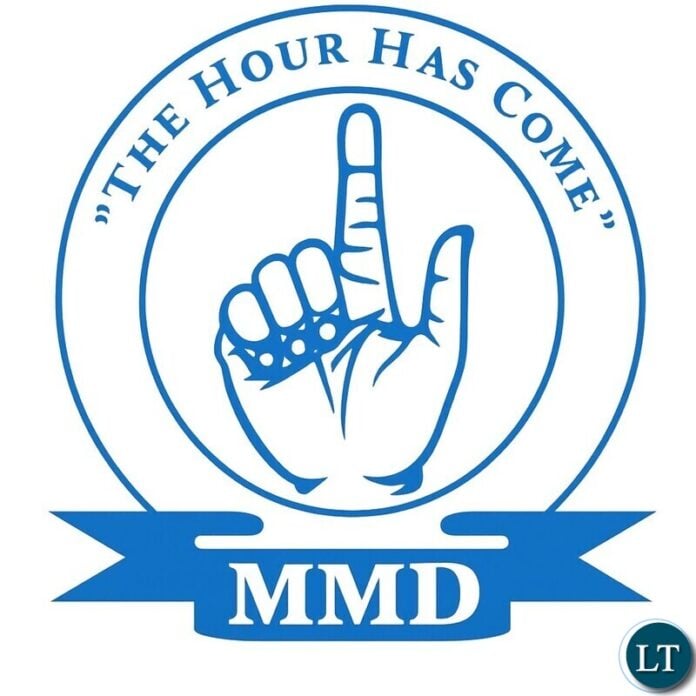…can another MMD emerge…
By Gregory Mofu
Last friday, renowned politician Hon. Mbita Chitala announced a call for a national indaba under the National Consultative Conference (NCC), a non-partisan platform he says will bring together political parties, progressive organizations, and independent citizens to chart a new course for Zambia.
Mbita argues that Zambia is facing political division, corruption, poor governance, and economic hardship. He has therefore called for urgent reforms to restore peace, constitutionalism, and fairness, while tackling tribalism, inequality, and abuse of office.
This is not the first time Mbita has stepped forward at a critical moment in Zambia’s history. In 1990, after the fall of the Berlin Wall and growing disillusionment with President Kenneth Kaunda’s one-party state, he (then known as Derick Chitala) together with Akashambatwa Lewanika, convened the Garden House National Conference on the Multiparty Option at Garden House Motel in Lusaka to discuss the state of the nation and the need to reintroduce multiparty democracy.
Although Kaunda tried to undermine the meeting by holding a UNIP Central Committee gathering at State House on the same day, the Garden House meeting went ahead with a number of brave Zambians attending. The meeting adopted a charter and framework, which also created the National Interim Committee headed by Arthur Wina.
The MMD then called for a referendum to repeal Article 4 of the Constitution, which had entrenched UNIP’s one-party rule.
On 17th December 1990, after months of sustained public pressure to return the country to multiparty democracy, President Kaunda repealed Article 4 of the Constitution that had proscribed other parties. This action paved the way for multiparty elections. He also cut short his term, which was supposed to end in 1993, and called for early elections in 1991.
The MMD was subsequently registered as a political party, with trade unionist Frederick Chiluba emerging as its president. In those elections, Chiluba and the MMD defeated Kaunda and UNIP, marking a historic turning point for Zambia.
The question now is whether Mbita can once again create a movement strong enough to reshape the nation, this time against tribalism, economic decline and poor governance as he alleges as he did in 1990.



He could be right because while some people claim to be non tribal their actions point to the opposite.
We are in 2025.People Luke this Mbitter guy should just go and sleep.We have moved on from politics of 1991.These are the people who kept quiet when Lungu abused citizens.A lot of people died under Lungu did they Bother to call an indaba?The opposition were not allowed to hold any meetings.Just go and do farming please.We won’t listen to you.
Mbita is nothing but a bitter clown who has no ethics at all. He betrayed Aka, his mentor, when Aka quit MMD citing corruption and looting! It was Mbita’s own gun that shot his best friend Dean Mung’omba’s wife at night! He is a very dangerous red lipped snake with a vile spirit of “Tenze Bantu”.
Fake Bemba the chitimukulu’s title isn’t spelt that way!
We have a fraud occupying the top seat. We are cursed.
Let him also explain why as deputy minister of finance, he and Dean Mung’omba went to Paris to negotiate loans and stayed in the Ritz Carlton hotel for a month running a bill that swallowed a quarter of the loan they went to negotiate for! Also, his red lipped foul mouth got him fired as Levy’s envoy to Libya. He should just zip those awful red lips if his, situkumba sa muntu!
This guy is alive??? this guy asajilinka? he has no morals don’t pay attention to him.
Who has morals?
He is trying to be smart
Water always find its own level. Globally, so many moving pieces politically influencing regional uncertainty country by country. It is very important to be cautious.
Comments are closed.